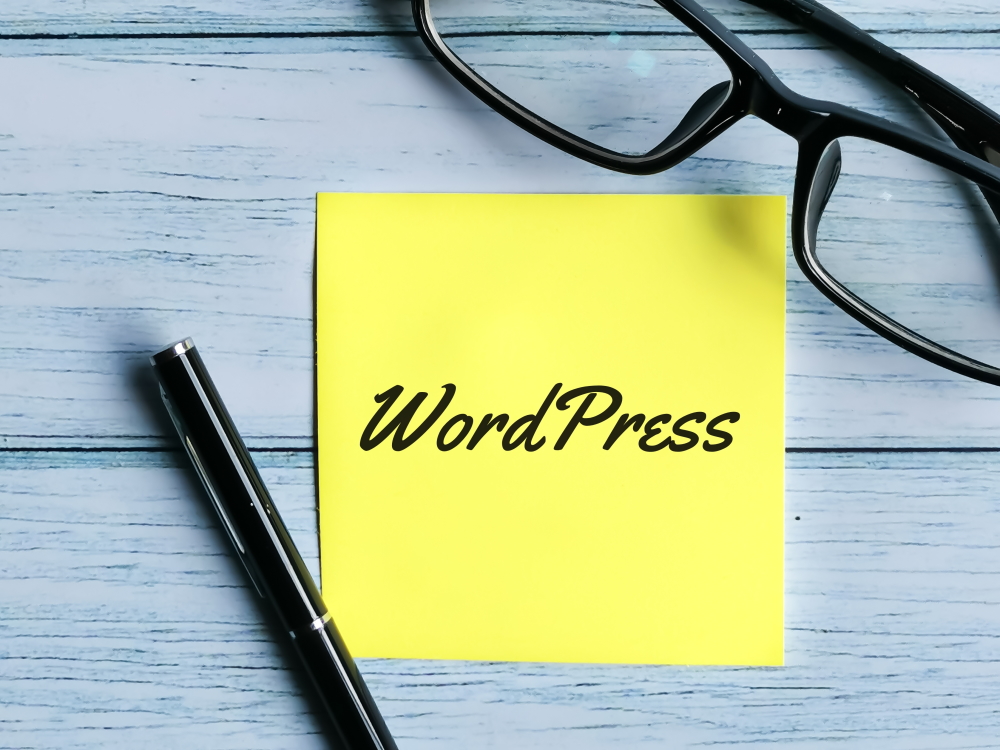The WordPress CMS (Content Management System) is an open source web development platform. Originally developed as a blogging platform, WordPress has become a full-blown CMS capable of running powering virtually any kind of website (commercial or non-commercial). Sure, you can deploy in a few minutes and start blogging right away. But, with the addition of a few plugins (plugins are small applications often written by third party developers that “hook” into WordPress and extend it’s original functionality) you can turn you WordPress site into any number of mission critical applications, such as:
- A fully functional online store
- A membership site where visitors must pay to see your content (for say an online training site).
- A site that allows visitors to schedule appointments (for a hair cut, for an appliance repair, a massage etc.).
Is WordPress a reliable source?
Yes, WordPress has been around since 2003. What started as a humble blogging platform has evolved into a hugely popular and relatively simple CMS for developing online businesses. WordPress is supported by a community of thousands of developers who provide development and trouble shooting services for clients world-wide.
Can I try WordPress for free?
You sure can, there are actually two versions of WordPress and this often confuses people when they are getting started. The first is the website wordpress(. com). This is the online version of WordPress. It is designed as an easy entry point for people who want to try and use WordPress. The Free version allows you to create an account, install your site and start blogging. With the free version there are limits to what you can actually do (example – you can’t have an ecommerce site). There are paid options where you can add additional functionality. While this is a great way to learn about WordPress, the free version is too restrictive and the paid version is too expensive for a full blown commercial website.
The other WordPress option is the “self-hosted” version. This version is what I (and most other WordPress developers are talking about when we discuss WordPress development). The self-hosted version is always free however there are a few requirements that the . com platform (described above) doesn’t.
First, you’ll need to have a domain name (the actual web address people will use to find your site – ex: google(.com) or facebook(.com). You’ll have to purchase your domain from a domain registrar (the biggest one is godaddy(.com)). A .com domain will cost around $12 per year.
Next, you’ll need a web host. There are thousands of services that will host your website for you. If you’re just starting out, a shared hosting platform will work fine. Shared hosting is usually under $10/month and will be sufficient for any new online business. Down the road, you may need to upgrade to a more robust host, but an entry level host is fine for now.
Want to learn more, you can Google “WordPress tutorial” or “how to use WordPress” and you’ll be presented with thousands of results.
WordPress vs Wix
WordPress is a great CMS but it’s not the only game in town. Wix is another CMS that works more like the WordPress (.com) service I described above. With Wix you will be paying a monthly fee for your ecommerce website (it starts at around $25 month). Wix has different levels of service based on what you want to add to your site and the amount of traffic you’re getting. With Wix you have some restrictions that don’t exist with self-hosted WordPress. I would recommend reading the Wix terms of service before choosing them as your CMS.
Finally, I hope this article has helped you learn more about WordPress. Contact me with any other questions.


